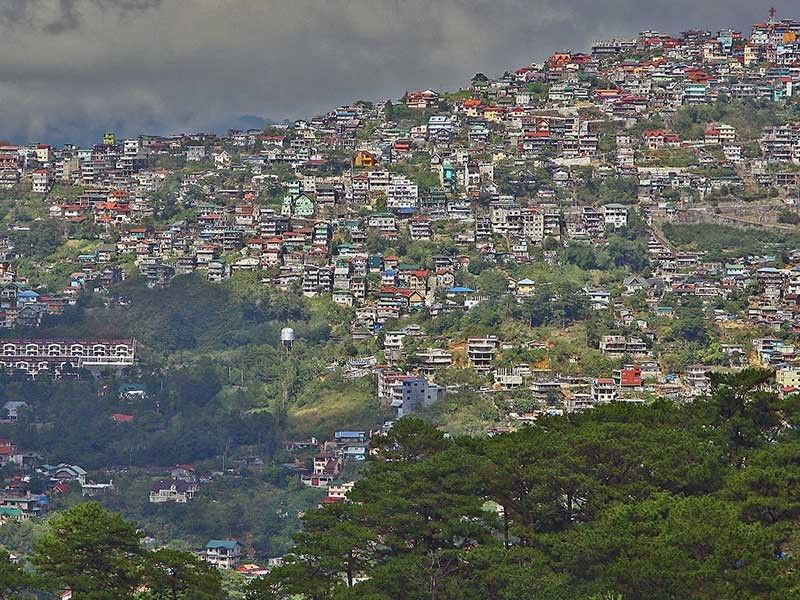Baguio City first in region to get P255M for socialized housing

BAGUIO CITY, Philippines — Baguio City is the first in northern Luzon to secure a grant from the national government for its socialized housing project dubbed as the ‘permaculture community.’
City Planning and Development Coordinator Dona Tabangin said the P255-million grant for the city’s socialized housing project was obtained from the Department of Human Settlements and Urban Development and will cover the construction of several structures within the 1.8-hectare property owned by the city.
Under the grant, Baguio City can build eight structures that could accommodate around 270 socialized housing units with provisions for road networks and a bio-filtration plant.
The structures will have roofs designed to face the sun in the south for a possible installation of a solar power farm.
RELATED: Plans complete but pandemic takes away budget for Baguio City rehabilitation
Only 40% of the land will be built-up area while the remaining 60% will be devoted for green spaces to help in bringing back the greenery of Baguio.
Initially, two structures with some 64 socialized housing units will be built and will be offered for residents in identified high-risk areas and who need to be relocated to safer grounds.
The Irisan ‘permaculture community’ will be the first of its kind of socialized housing project not only in the Cordillera but also in northern Luzon and will be the model for similar projects to be established in other parts of the country.
One of the major projects of the city is a decent socialized housing projects for the city’s informal sector and residents living in identified high risk areas that warrant their relocation to safer grounds.
The project is in partnership with the DHSUD and the National Housing Authority (NHA), which are the lead agencies in the implementation of government-led housing projects in the country.
For the past several years, Baguio had been looking forward to the implementation of its socialized housing project for the housing needs of the informal settlers in the different barangays.
- Latest
- Trending






























